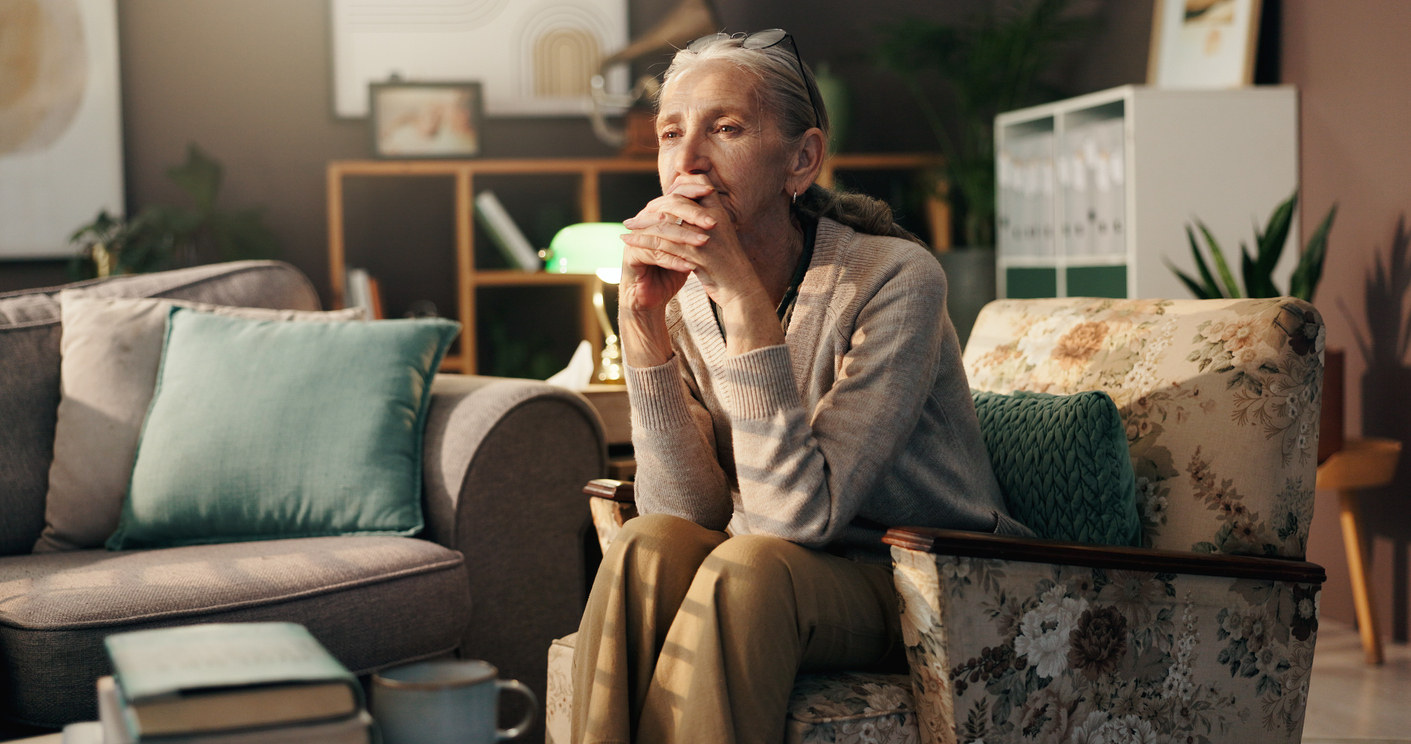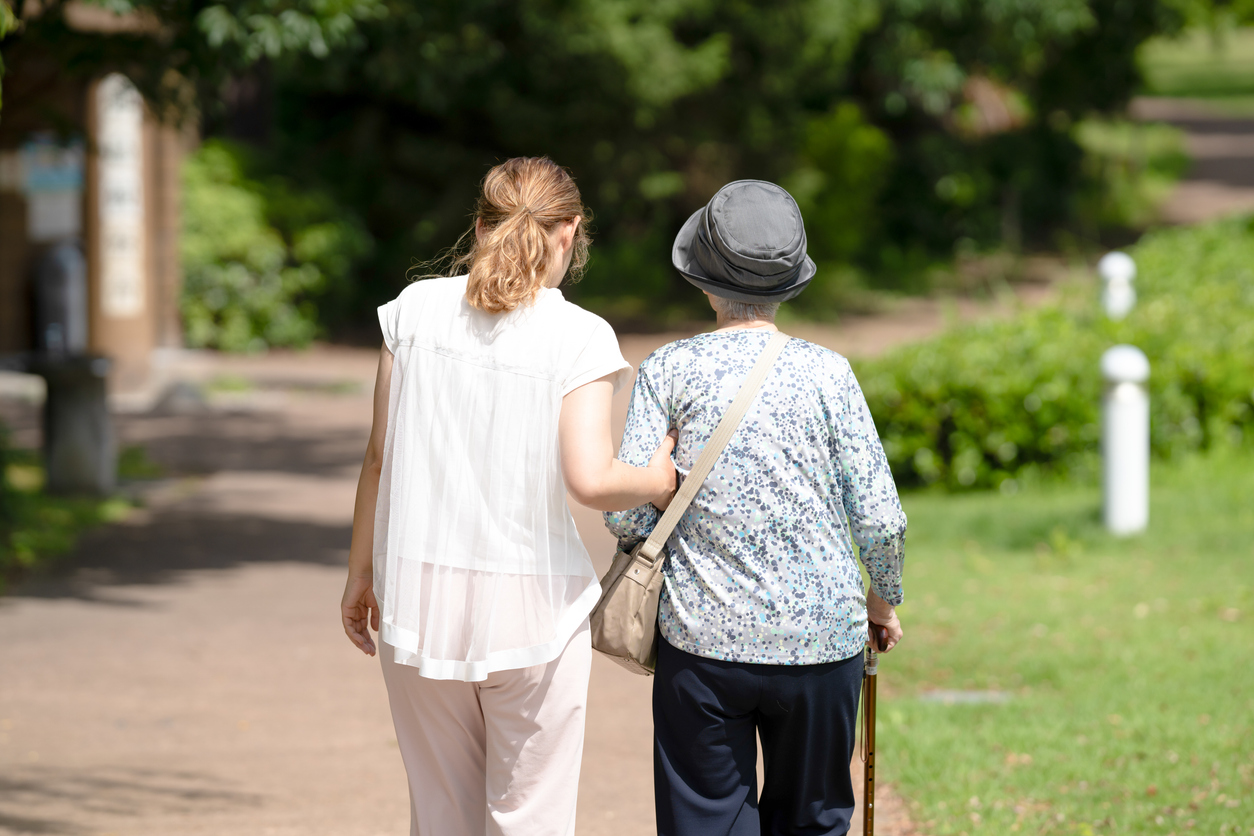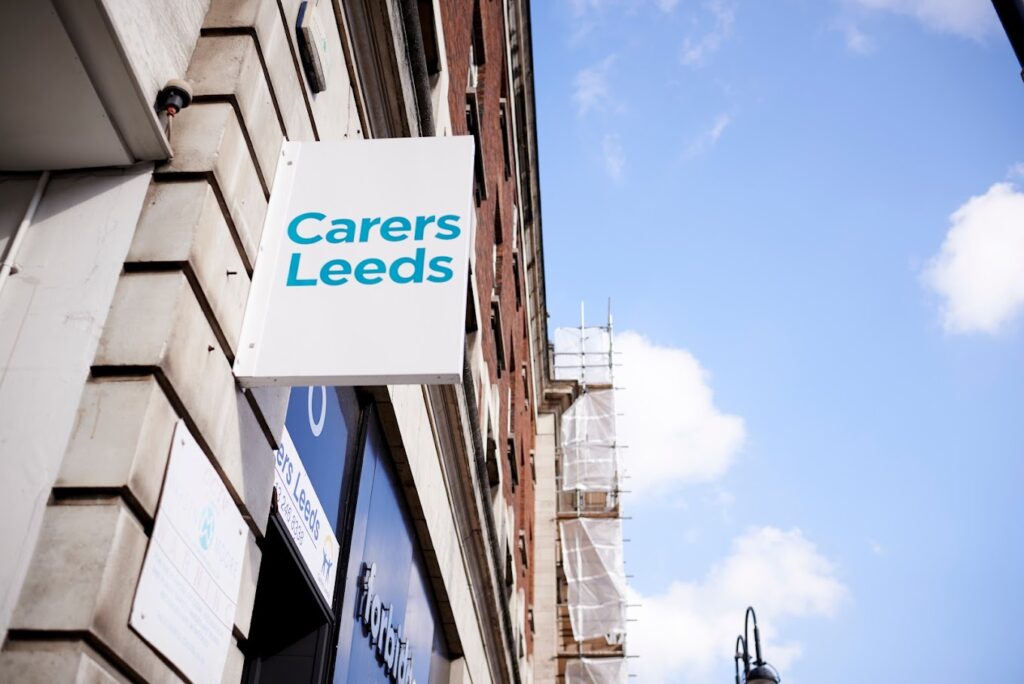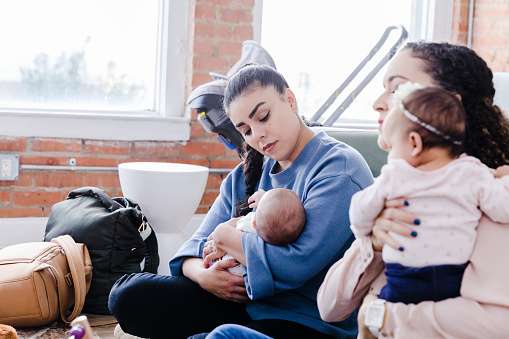New Narratives: Loneliness and the unpaid carer community

Through New Narratives, we’ll explore the multi-faceted nature of loneliness by sharing insights and stories from as many perspectives as possible, not only to help bridge the gap between isolation and connection but to also enrich our community’s understanding of loneliness.
Our latest narrative has been written by Richard Gettings, former police officer and now Researcher with Doncaster Health Determinants Research Collaboration (HDRC).
The unpaid carer community
When I talk about unpaid carers, I talk about those who look after loved ones and relatives because of love, duty and honour; looking after those who need care through a multitude of debilitating mental and physical health issues and also through the processes of aging and the related consequences of such.
I draw significantly in this blog from data and reporting from Carers UK, and thank this fantastic organisation for their inspirational, determined and passionate campaigning, awareness raising and stigma smashing. Other fantastic organisations, detailed later, are also contributing significantly to the support of the unpaid carer community.
I also draw from my lived experience; from what I have seen with my own two eyes as my fiancée cares for her adult son, and within my other family also, as my brother cares for my niece. I have seen therefore, at first hand, the love, loyalty and devotion of unpaid carers, the unrelenting stress, turmoil and anxiety they live with and the manner in which they are, too often, marginalised, ignored and taken for granted by society and the health and wellbeing systems that should be supporting them.
Carers carry out such a valuable, contributory, role for our society, both in moral/human terms and also with regards to saving our systems of health service and social care the responsibility of time, cost and facility/resource to care for those with the life-debilitating issues that necessitate such care needs. However, this valuable and honourable contribution to society goes often unseen, unvalued and unrecognised. Carers are often left feeling worthless and without hope by a system that relies upon them consistently and remorselessly.

Carers UK data (from 2019) indicates that there are thought to be at least 8.8 million adult carers in the UK, this figure rising from a previous estimate of 6.3 million in a 2011 census. This figure represents a significant increase of a third; one in six adults now believed to be responsible for the care of a loved one and subsequently being at increased risk of loneliness and the negative mental and physical health that often follows.
The life of an unpaid carer is dominated, necessarily, by the needs and schedules of the person they care for. There is a real and tangible intensity to this situation that saps and drains a person of all personal energies and passions; to the extent that their personal life steadily constricts around them, potentially suffocating them.
The carer finds that they simply disappear from view as their existence is controlled by the immediate necessities of survival of the person they care for. Carers become potentially engulfed in a day-to-day existence, from morning to evening, to keep afloat and get to the next day; when everything starts again. Their own needs and fears go unheard and their aspirations and hopes often evaporate around them.
A Key Message; some statistics
Half of unpaid carers in the UK report feelings of loneliness and one in three unpaid carers are always or often lonely, compared with just one in twenty of the general population. Carers looking after loved ones living with an illness, disability, mental health condition, or as they grow older, are seven times more likely to report being lonely.
In addition, those who devote more than 50 hours per week caring for their loved one face an even higher likelihood of experiencing loneliness than those spending less (57% compared to 40%). Female carers are more likely to experience loneliness than male; 53% of female carers reporting loneliness compared to 45% of male.
The extent of loneliness experienced increases with the length of the caring role; 36% of carers who have been caring for over 15 years (over 50 hours per week for many) and the lack of hope or potential support mechanisms inevitably leads to many carers being forced to give up hobbies, social activities and to reporting feeling lonely often or always. This comes from the necessities of the caring role steadily striping away/preventing the growth of any and all vestiges of a carer’s ‘other life’ (if such existed in the first place?) and leaving the carer finding it very difficult to start again after their carer role comes to an end.

Even if a carer has a potential outlet of work, an opportunity to remove themselves from the carer environment for a few hours each day and immerse in ‘the world outside’, 71% of working carers still reported feelings of being lonely or isolated at work as a result of their carer responsibilities. Carers become defined by their carer role, with little or no hope of escape. Current systems of support for unpaid carers are inflexible, underfunded and, often, postcode lotteried; dependent upon where in the UK you live and the priorities of that particular local authority.
Causes of loneliness amongst unpaid carers
Unpaid carers find themselves overwhelmed by the intensity of their caring role commitments to the extent that it takes up all their time and any opportunities to have a social life, pursue personal interests and do things that bring value and hope to their lives are steadily whittled away.
A lack of available respite and opportunities to have breaks from caring responsibilities compound the pressure and this unfortunate situation is further aggravated by financial constraints put upon them, both through extra potential costs associated with being a carer and through a lack of wage-earning ability through jobs that readily accommodate their carer role responsibilities; the Carer Poverty Commission has shown that 25% of carers live in conditions of poverty.
On top of these, already significant, burdens a carer has to deal with the stigma of their role and a lack of understanding and empathy for the role that is impacting so heavily on them. Furthermore, the carer often finds that the dynamic of their relationship with the person they are caring for alters significantly and irrevocably; changing from husband and wife, parent and child, or brother and sister into carer and cared-for; the pressures and intensity of this relationship often causing burn-out and resentment between both parties.

Support is available
Connecting with other carers, for example through online forums and peer support groups, can help combat loneliness. Being with others who share your journey, who ‘get you’ and understand you, is vital.
Organisations like Age UK, The Carers Trust, the Motor Neurone Disease Association, the MS Society, Rethink Mental Illness and Sense (and many others besides too!) are all doing incredible work supporting unpaid carers. Thank you one and all!
Research
Research, especially that which places the unpaid carer community at it’s heart, and allows the opportunity to raise it’s collective voice, is vital to raise awareness and smash the associated stigma.
Here are a few articles which exemplify this need;
Adult Carer Survey Report | Carers.org
https://sheffield.ac.uk/news/12000-people-uk-become-unpaid-carers-every-day
NIHR | Why is it important to involve unpaid carers in research?
A call to action!
Unpaid carers are the backbone of our social care systems in the UK, they are the vanguard of looking after our vulnerable loved ones and they save the state millions of pounds each year through their dedication, selflessness and love. We owe them a debt of gratitude and must become more aware of their individual needs, aspirations and concerns.

Any one of us could, at any stage in our life, become an unpaid carer ourselves. We owe it to this courageous and resilient, often invisible, community to care for them as they care for their respective loved ones.
Conditions such as Motor Neurone Disease, Multiple Sclerosis, Dementia in it’s many forms etc, affect all ages and all communities and necessitate unpaid carers to look after those living with these tragic diagnoses. The more we work together, combining knowledge and sharing learning, the stronger we become to support those at the heart of this dialogue; the unpaid carers.
Biography

Richard Gettings
An Embedded Researcher with Doncaster Health Determinants Research Collaboration (HDRC), Richard has lived experience of unpaid carers through his fiancée, who cares for her adult son, and his other family also through his brother, who cares for his niece.




Responses